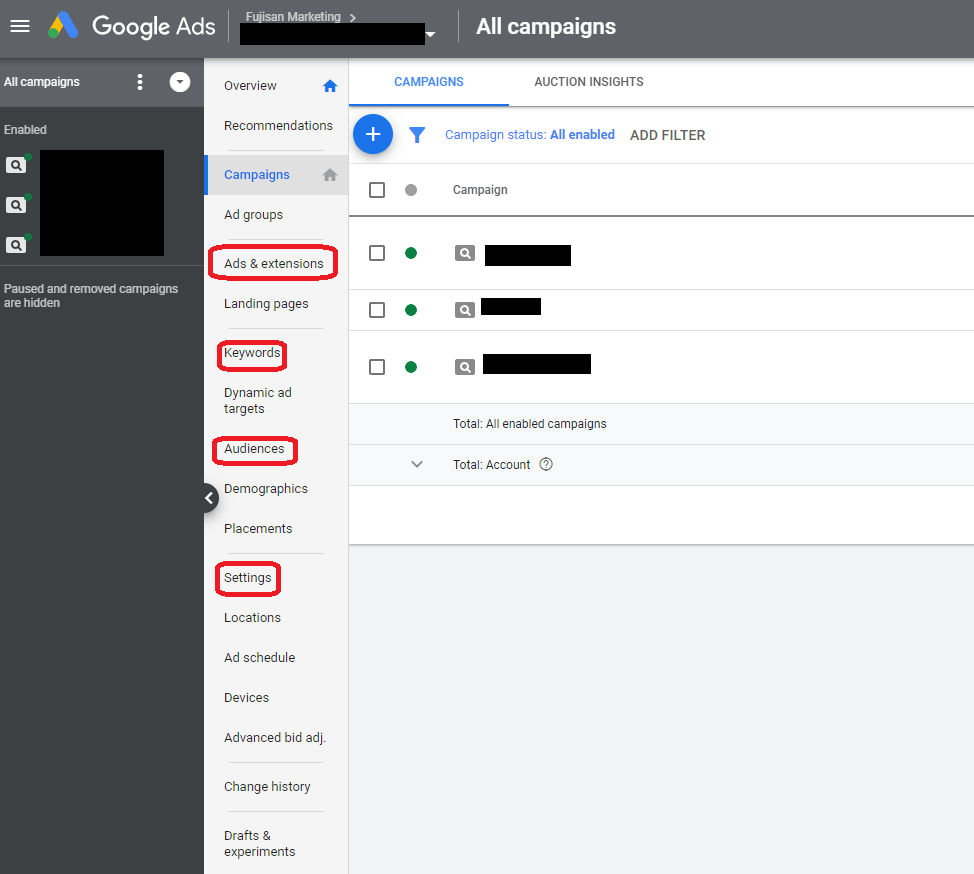When it comes to PPC, it’s not a matter of hitting some settings and then just assuming they’ll do the trick. Well, we suppose you could do that, but it’s probably not a great call. The problem is that PPC campaigns and the factors involved in their success (or lack thereof) are not static — the internet and advertising thereon can be somewhat fickle, plus it’s likely you won’t have all the specs of your campaign perfectly dialed in at first. Hence, to get the most out of a campaign, you have to adapt; if the internet and its users are dynamic, well then you outta be too!
With this in mind, the key to a successful PPC account or campaign is never taking its performance for granted. And the key to that is frequent, diligent optimization.
So, what about optimizing your PPC account?
The simple answer is that you want to frequently question your PPC account for the same reason you want to frequently question, well, anything you do: being complacent means you’re likely neglecting potential improvements and performing worse. It’s mostly common sense and/or in the name, but “optimizations,” “improvements” — whatever you want to call them — allow you to take a moment, reduce or quit what isn’t working, and combine what is working with existing or historical performance data to test out new, better ways to move forward.
The foundation of these optimizations is first identifying the key performance indicators (or “KPIs,” for those of us too lazy or in hyper-efficiency mode to type that whole thing out) you’re optimizing for. These often will be one or multiple of the following:
- More clicks
- More impressions
- Higher click-through rate
- More conversions
- Higher conversion rate
- Lower cost per acquisition
- Higher search impression share
Also, worth noting is that with all things PPC, frequent testing is super important and an ongoing practice. You don’t just optimize once and then sit back — after all, that’s kind of the antithesis of optimization, isn’t it?

Types of Optimizations
An important mindset to take about optimization is remembering that they can be applied at many different levels and scales, whether across your account, campaign, or ad group. They also can be layered across many different pieces in an account. For example, if you’re looking at how to improve an ad, common changes to make include ad copy, ad type, amount of ads running, or the landing pages for the ads. Other categories and aspects to tinker with include the following:
- Keywords: bids, match types, negative keywords terms (plus the keywords themselves)
- Audiences: age, gender, household income, affinities, remarketing audiences, and audience exclusions
- Settings: budget, ad scheduling, geotargeting, and bid strategy
- Extensions: callouts, sitelinks, location, call, structured snippets, pricing, and imaging
Lastly, if you have access to the data, you can also compare against PPC competitors and alter ad copy, landing pages, keywords, and more on that basis.

Example of Optimization Categories in Google Ads
Schedule of Optimizations
As far as the schedule and timeline of applying and testing optimizations, much of that depends on how old the account or campaign is. For new accounts or campaigns, there are a few factors you’ll want to refer to daily — these are especially important if there’s no historical data or benchmarks to refer to. Particularly, for the first couple weeks it’s a good idea to do daily checks on budget, keywords, keyword bids, search terms, and the ads themselves. Otherwise, for new campaigns, it’s wise to do weekly checks on ad scheduling and geotargeting.
If you’re working on a campaign that’s been running for more than a month and subsequently has generally established initial specs, your schedule for tweaking optimizations don’t have to be so frequent — although we recommend continuing daily budget checks even past the initial stages of a campaign. Weekly checks on your keyword bids are also a good idea. Other factors mostly only need monthly or quarterly check-ups; for monthly, we recommend the following:
- Ads
- Search terms
- Keywords (and negative keywords)
- Bid strategy
- Remarketing audiences
Otherwise, quarterly checks are a good idea for:
- Audiences
- Extensions
- Geotargeting
- Ad scheduling
- Landing pages
- Competitor analysis
Whichever ways you decide to optimize your campaign or account pretty much come down to what you find works best. In the end, there’s no one size fits all. What works for you might be wildly different than what works for the next business, and the only way to find out is to test early and often. So, with that in mind, happy optimizing!
The Fujisan Marketing team has years of experience launching and managing successful PPC campaigns for industries of all types. Contact us for more information on how we can provide digital marketing expertise for your business in 2020.




